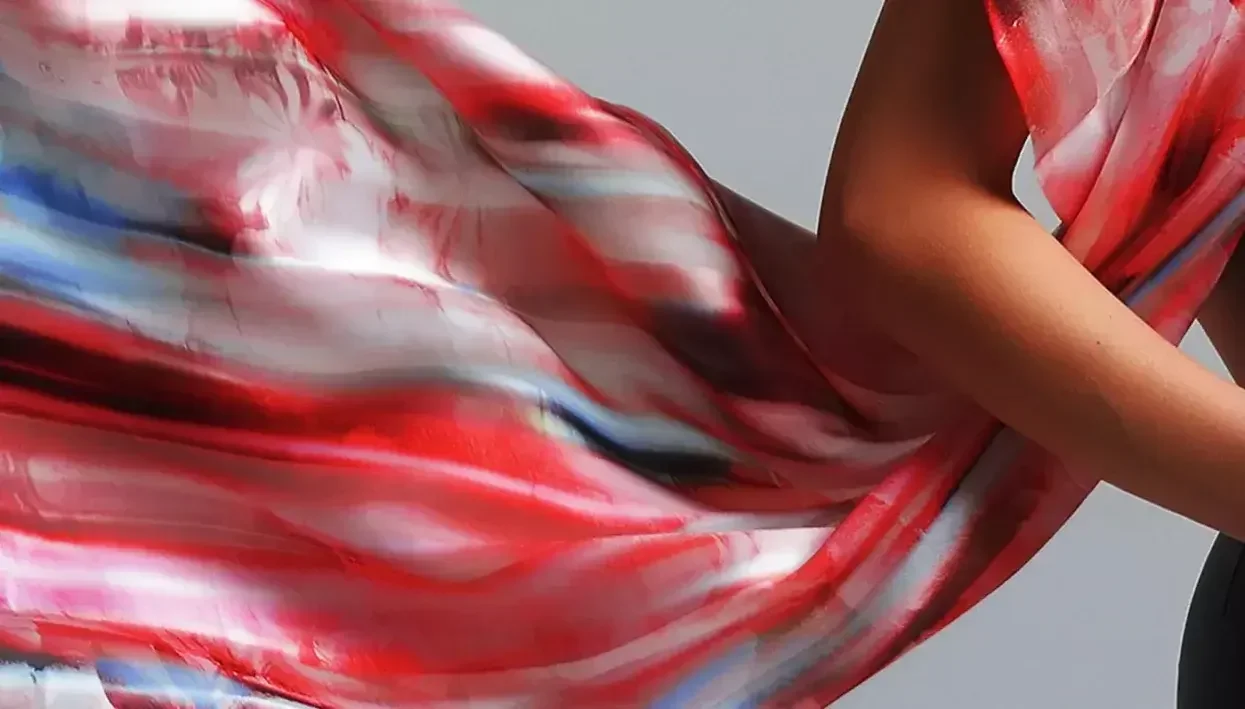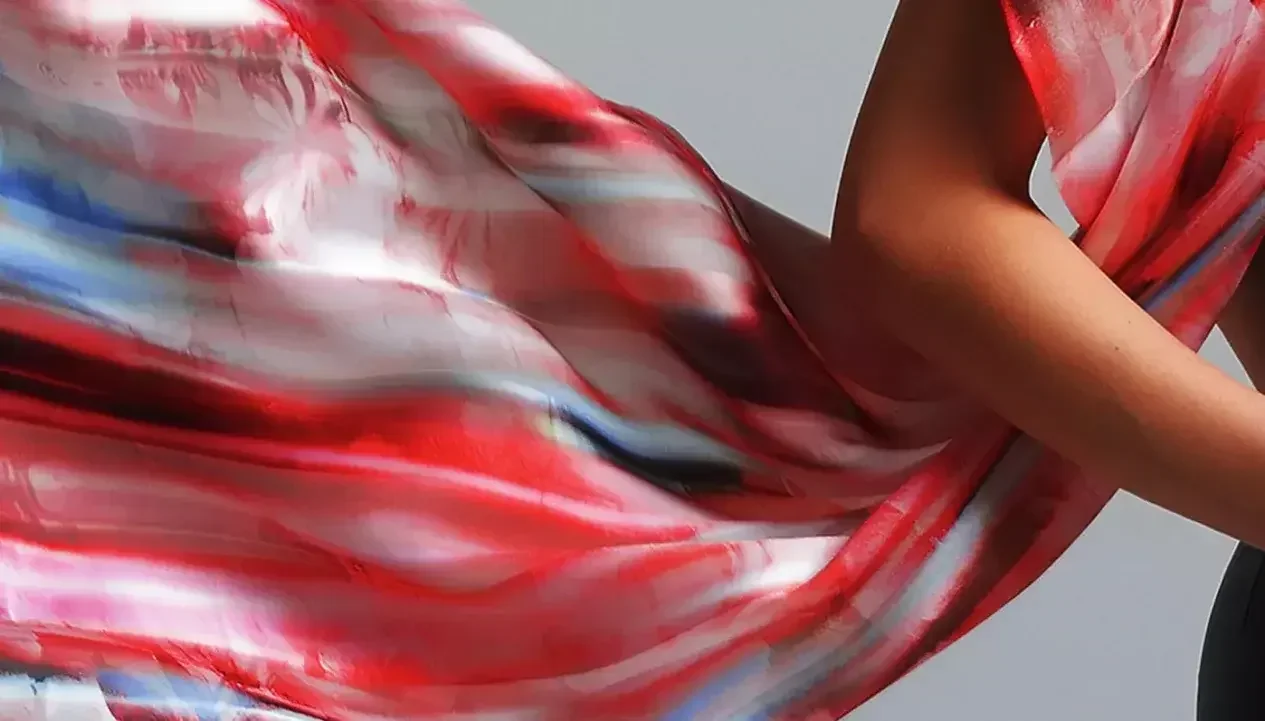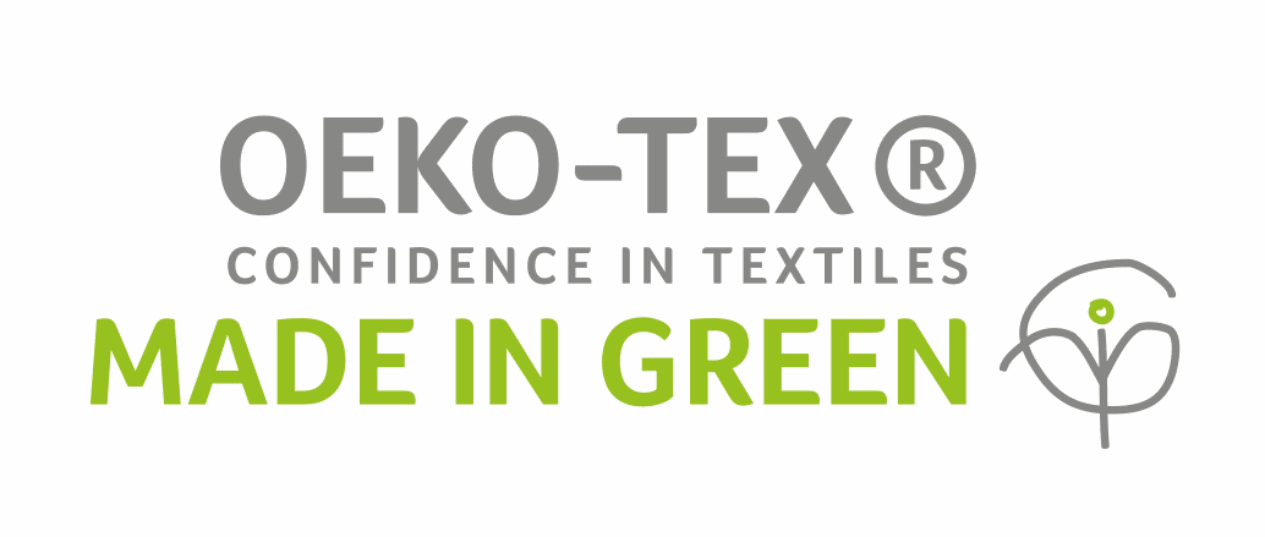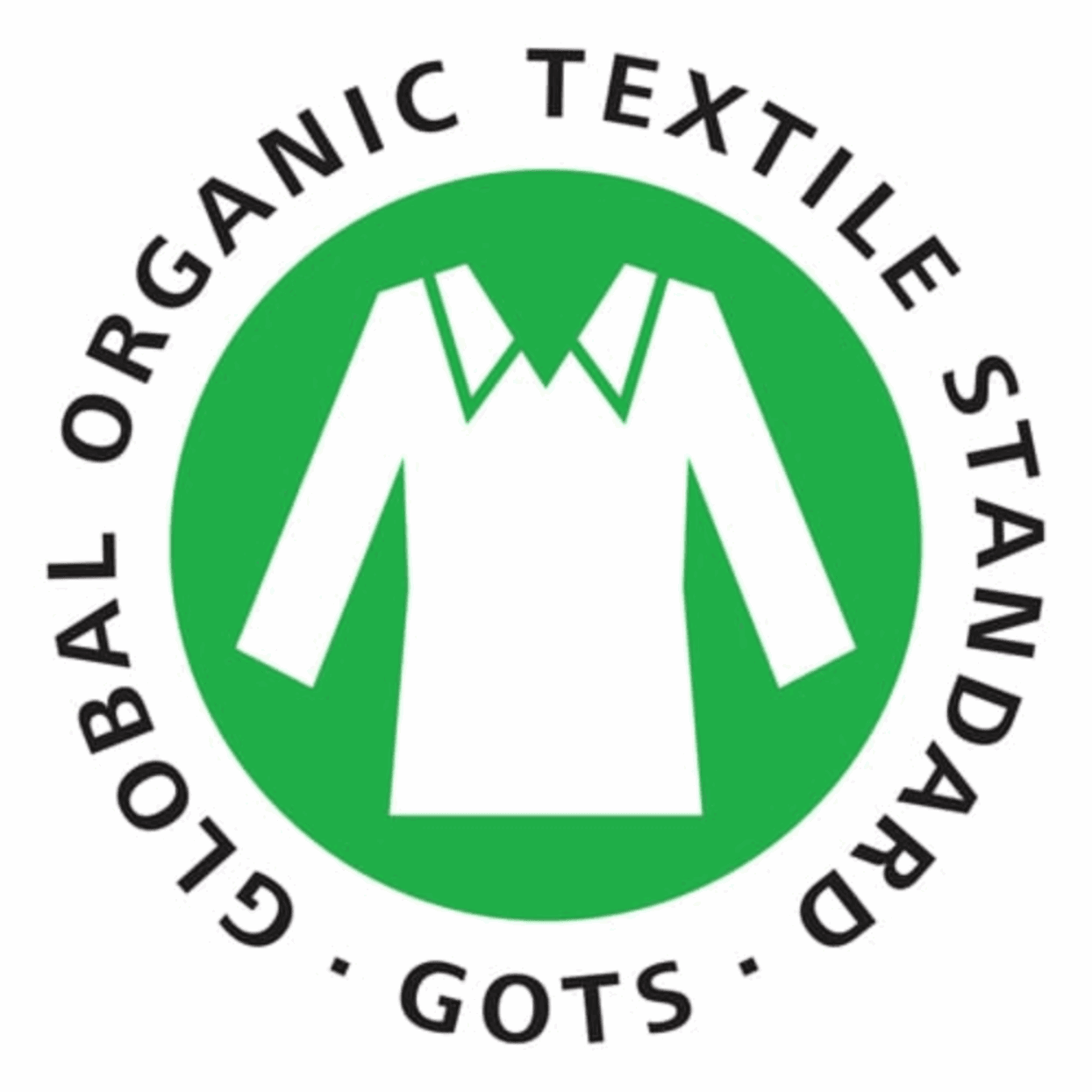
Sustainability is the hot topic of the year and rightly so, and yet how do Digital Printers find out about how to responsibly source environmentally accredited Fabrics and Inks?
As always in accreditation there is a division between Certification and Regulation:
Regulation are the rules that must be adhered to and Certification is the process by which a Fabric, Chemical or Crop-Type is independently verified as being environmentally sound.
Starting with Regulation, the most important set of Legal Environmental Criteria are contained in the Reach Regulations (Registration, Evaluation, Authorisation and Restriction of Chemicals).
Established in 2006 by the EU, but now in general world-wide use, these regulations require any Company importing more than 1 tonne of Chemicals per year into the EU to register the product with the European Chemicals Agency (ECHA). In registering these chemicals, Companies certify that they do not fall into any of the forbidden categories of compounds, such as APE’s (Alkylphenyl Ethoxylate), Formaldehyde, CMR’s (Carcinogen Mutagen Reproductive Toxins), Phthalates and Heavy Metals.
REACH regulations are strictly administered by the European Chemicals Agency (ECHA), who are responsible for ensuring compliance in all fields, so that no toxic chemicals enter the Textile Supply Chain. As a legal requirement, these regulations go a long way toward protecting the consumer and the environment against the worst effects of irresponsible chemical usage.
Moving on to Certification, which is a complex field, referring, as it does, to the entire textile supply chain, comprising a vast array of chemicals, processes and trade practices.
Yet two organisations stand out for valid International Certification, giving performance standards for the manufacturer and comfort and peace of mind for the consumer.
The first of these is the Global Organic Textile Standard (GOTS) which is the worldwide leading textile processing standard for organic fibres (Cotton, Silk, Linen), which includes ecological and social criteria, backed up by independent certification of the entire textile supply chain. Basically, GOTS certification of an Organic Textile Fabric ensures that it has been produced responsibly to a given set of criteria, covering areas as diverse as, use of pesticides, fair employment, water pollution and use of dyestuffs.
DuPont Advanced Printing have received ECO PASSPORT by OEKO-TEX certification from the Hohenstein Institute in Germany.
Image Credit: DUPONT ARTISTRI INKS

Downstream from this, and possibly the most important of all the Environmental Certifying Testing Houses is OEKO-TEX®. Established in Switzerland, this organisation provides the OEKO-TEX® range of services which are tailored to the specific needs and the situation of the textile industry. Using this approach OEKO-TEX® provides unique benefits and practical help for all businesses that commit themselves to responsible and sustainable management. Certification by OEKO-TEX® enables everyone in the supply chain from the manufacturer all the way through to the retailer to label their products with the OEKO-TEX® ‘Made in Green’ label.
MADE IN GREEN is an independent textile label for highlighting consumer products and semi-finished products at all levels of the textile chain that are made from materials tested for harmful substances and that have been manufactured by using environmentally friendly processes and under safe and socially responsible working conditions. The MADE IN GREEN by OEKO-TEX® label shows the consumer that the textiles concerned are tested for harmful substances and sustainably produced in accordance with OEKO-TEX® guidelines.
Established in Switzerland, the OEKO-TEX® organisation provides a range of services which are tailored to the specific needs and the situation of the textile industry.
Image Credit: OEKO-TEX MADE IN GREEN.

Each item certified with the MADE IN GREEN label also features a unique product ID or QR code, which provides full traceability and transparency for the consumer. The labelling system gives them access to information regarding the production facilities along the textile chain in which the textile was produced, the stage of production in which the fabrics were employed and the countries in which the product was manufactured. This is not only a robust Certification Process when viewed from the standards employed, but, since it is only granted for one year at a time, continued observance is enforced through strict and regular compliance checks.
In summary, there are a considerable number of checks and balances that the Digital Textile manufacturer can now adopt when sourcing fabrics or inks, in order to provide a transparent supply chain.
Organic and Sustainable are two Textile buzz words, that are now brought down to earth by responsible and scientific organisations who are not only capable of producing the Industry Standards required, but also enforcing them as well.

GOTS certification of an Organic Textile Fabric ensures that it has been produced responsibly to a given set of criteria, covering areas as diverse as, use of pesticides, fair employment, water pollution and use of dyestuffs. Image Credit: GOTS – Global Organic Textile Standard.
The Digital Textile Printer can rely on REACH, GOTS and OEKO-TEX® to give him the comfort of using raw materials that he can sell on to his customers as genuinely sustainable, but also the comfort, that in doing this, he is helping to protect the world against worst excesses of Industrial Manufacturing.
FESPA Global Print Expo 2019 is Europe’s largest speciality print exhibition for screen and digital wide format print, textile printing and signage solutions. The exhibition will take place at the Messe Munich between the 14-17 May 2019 and discover the available features. Printeriors is a unique exhibit showcasing the many developing opportunities and benefits of using print in the interior design sector. Print Make Wear will demonstrate the latest technology in textile production for fashion, showing both direct to garment and roll-to-roll workflows.Please use promo code FESG902 to register for free.